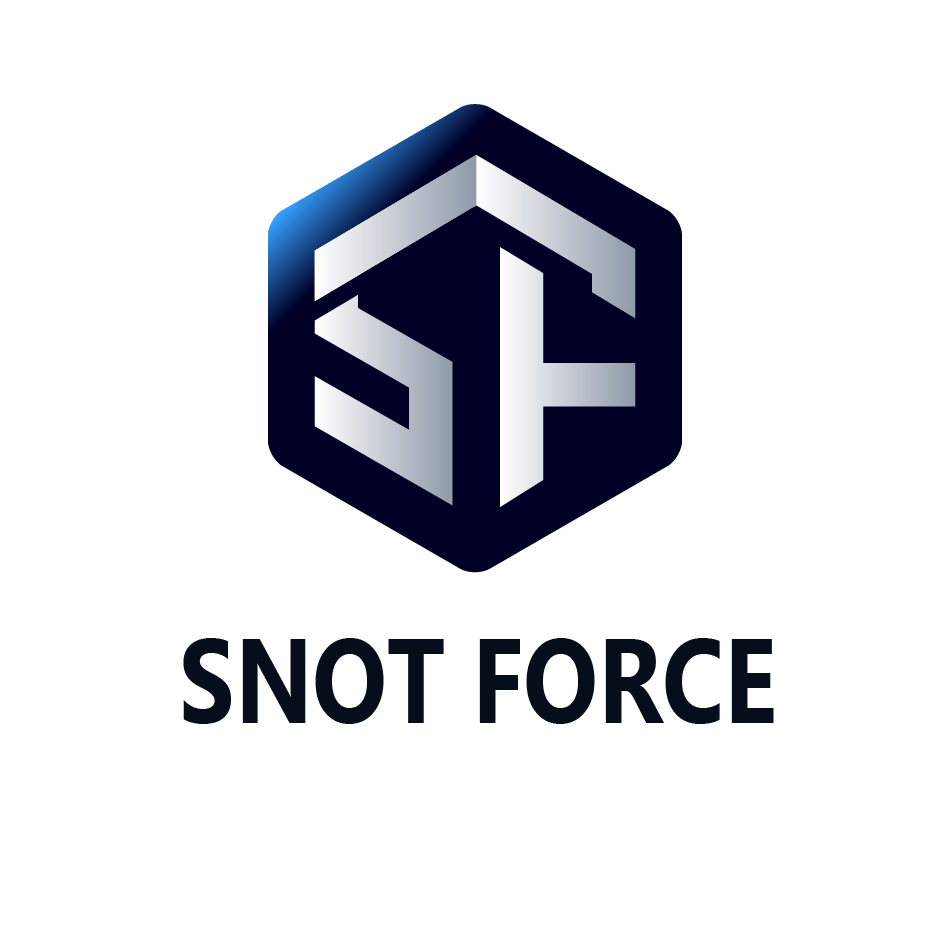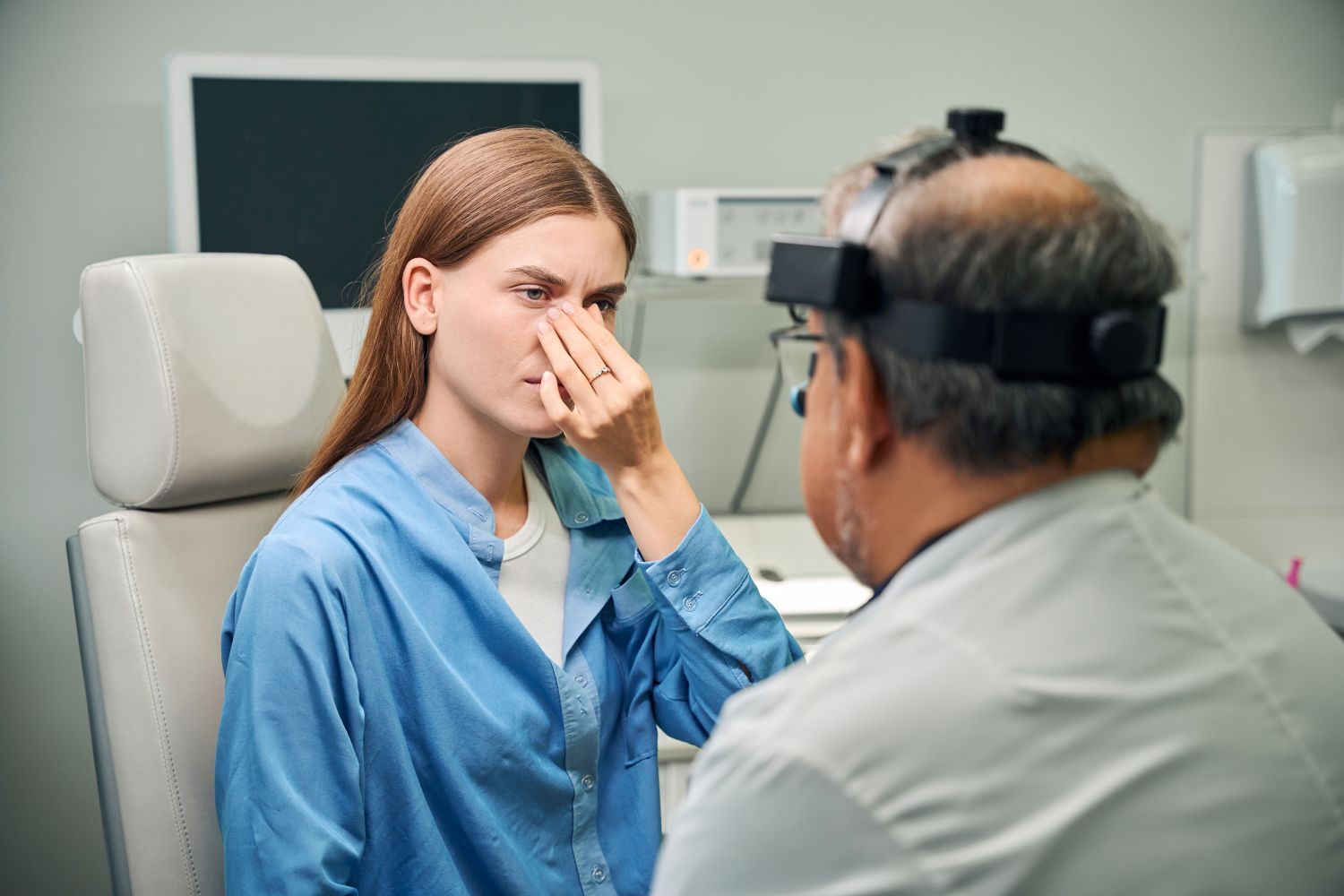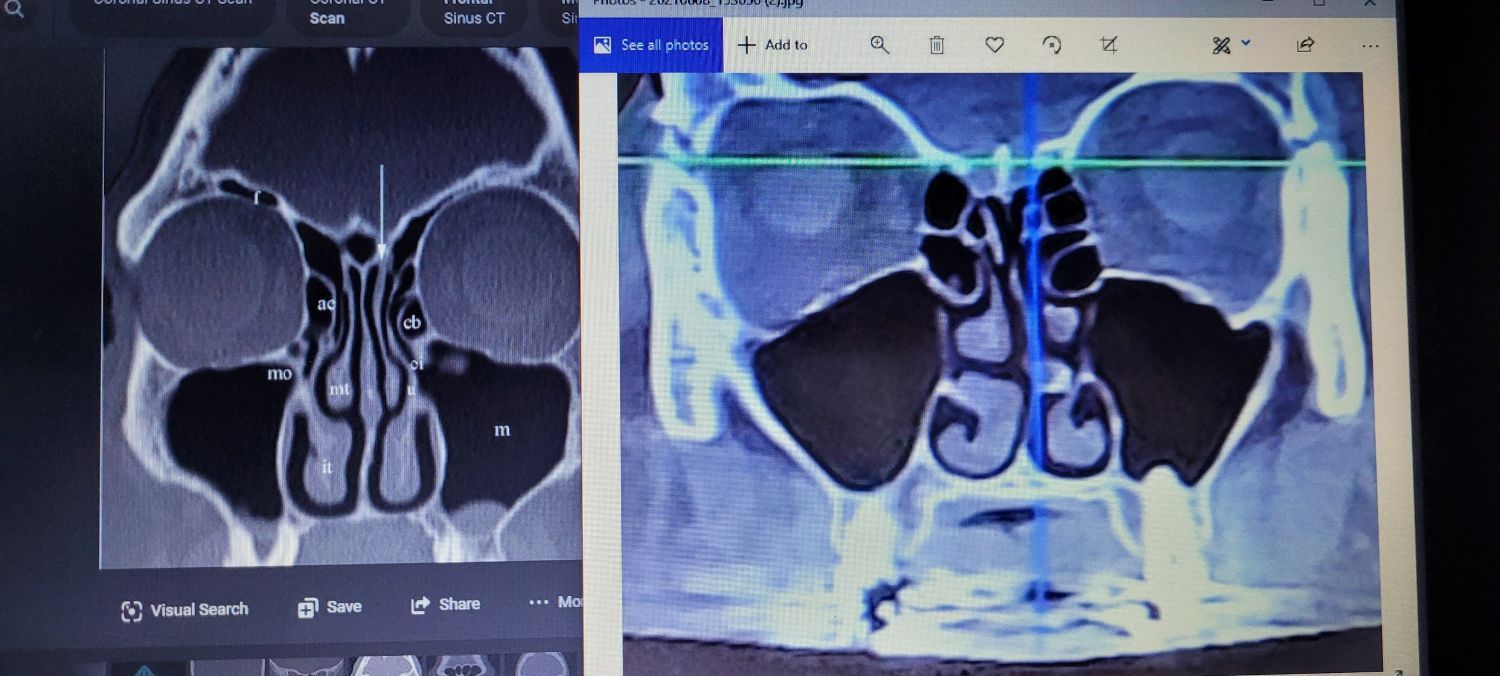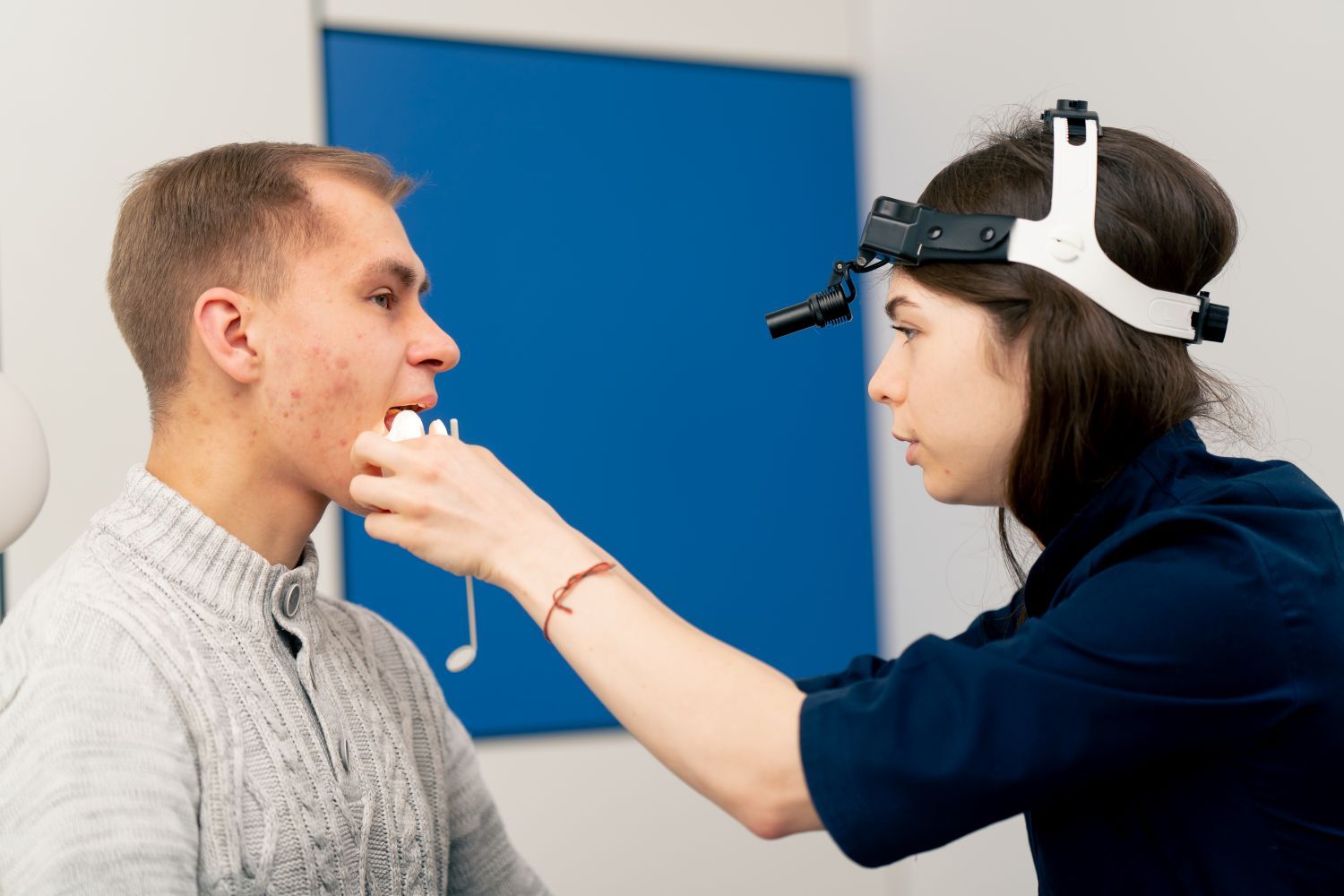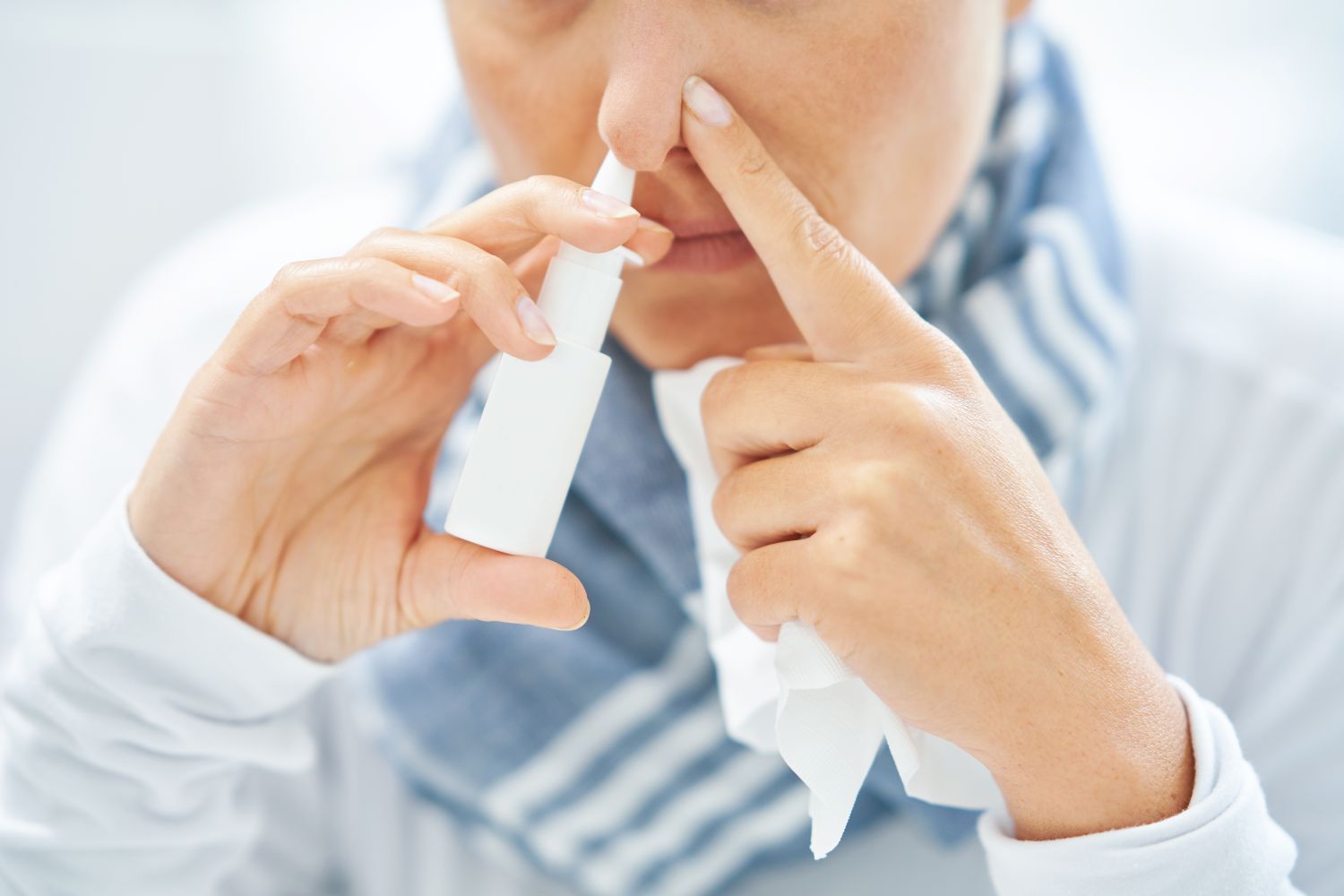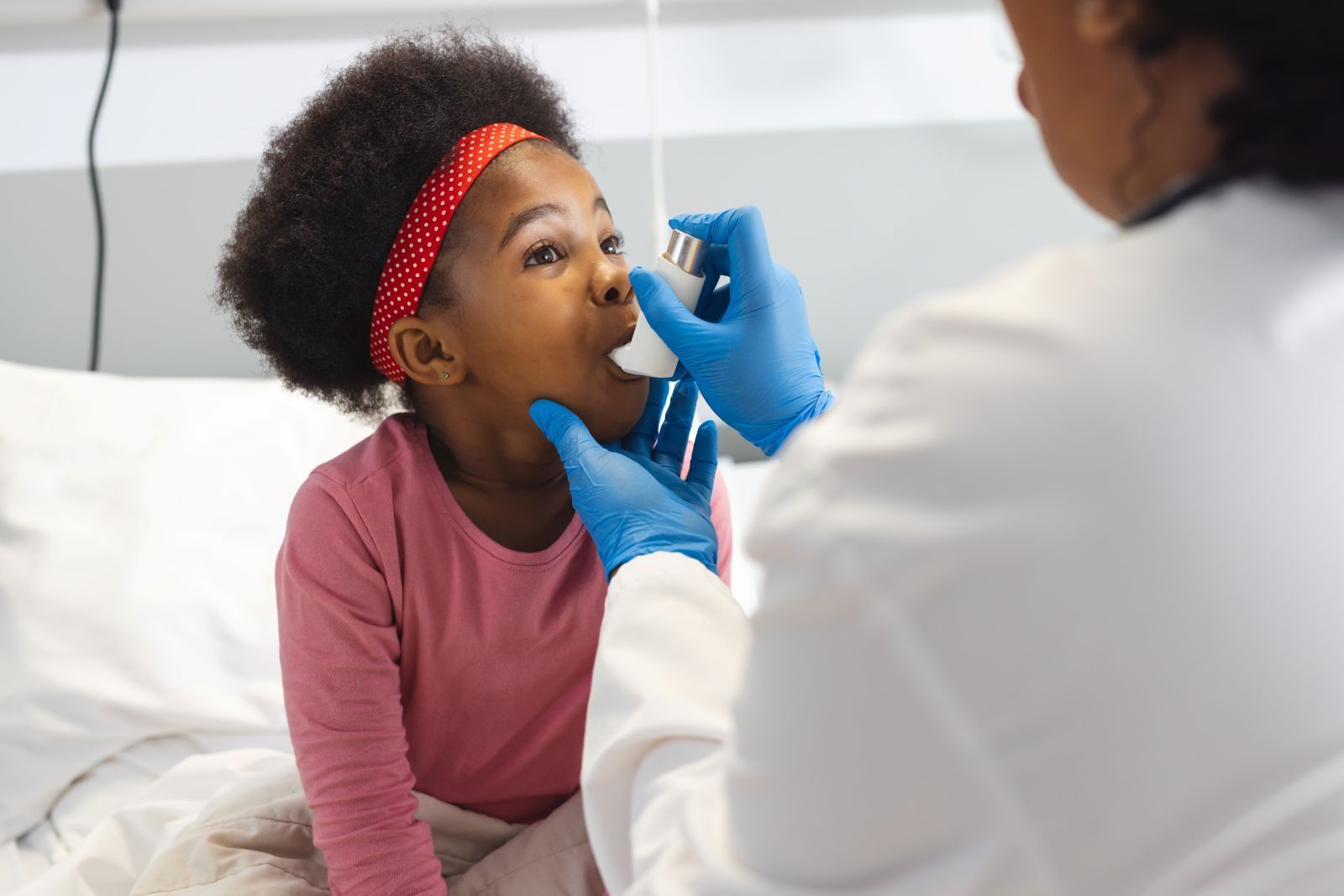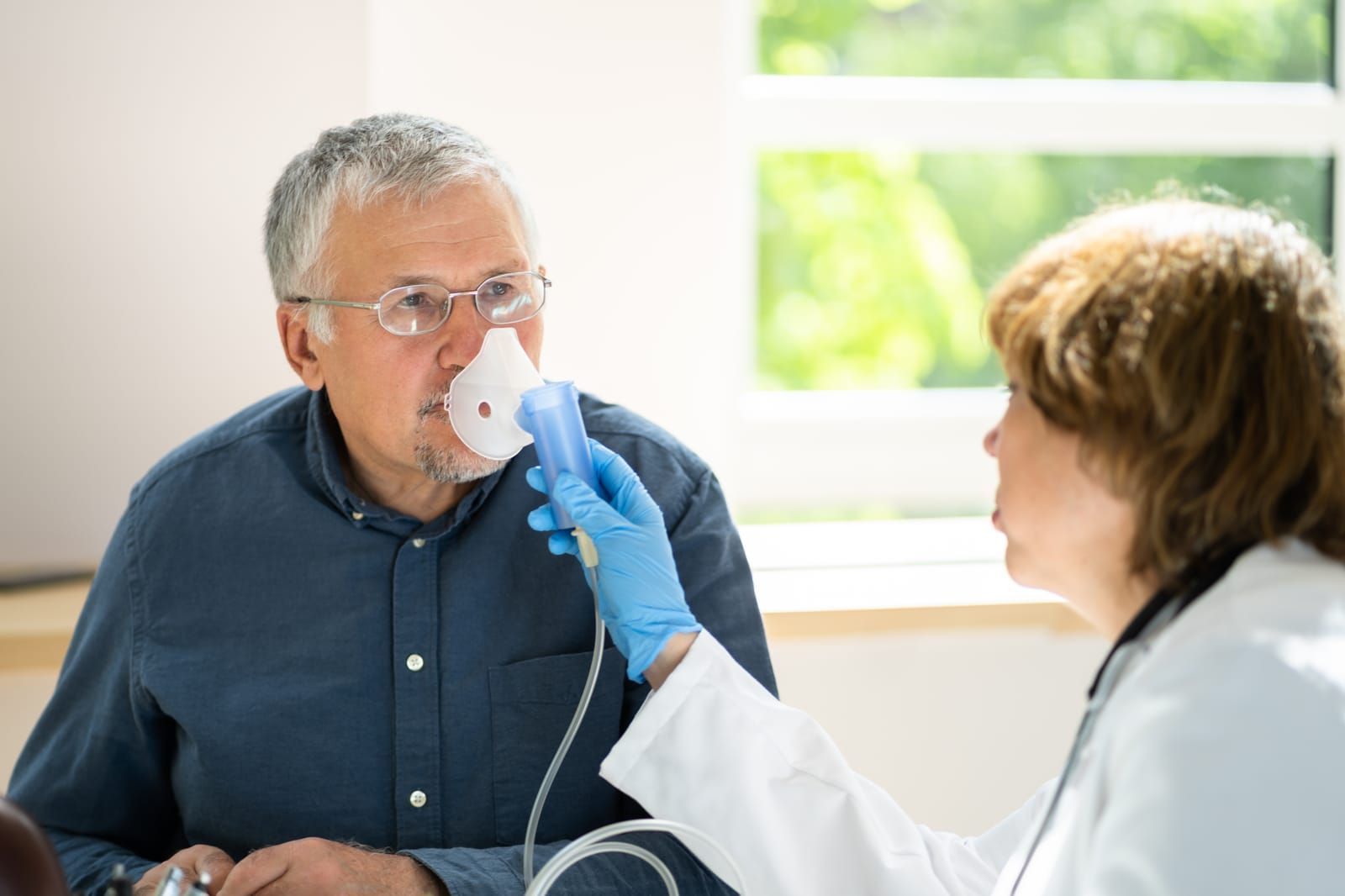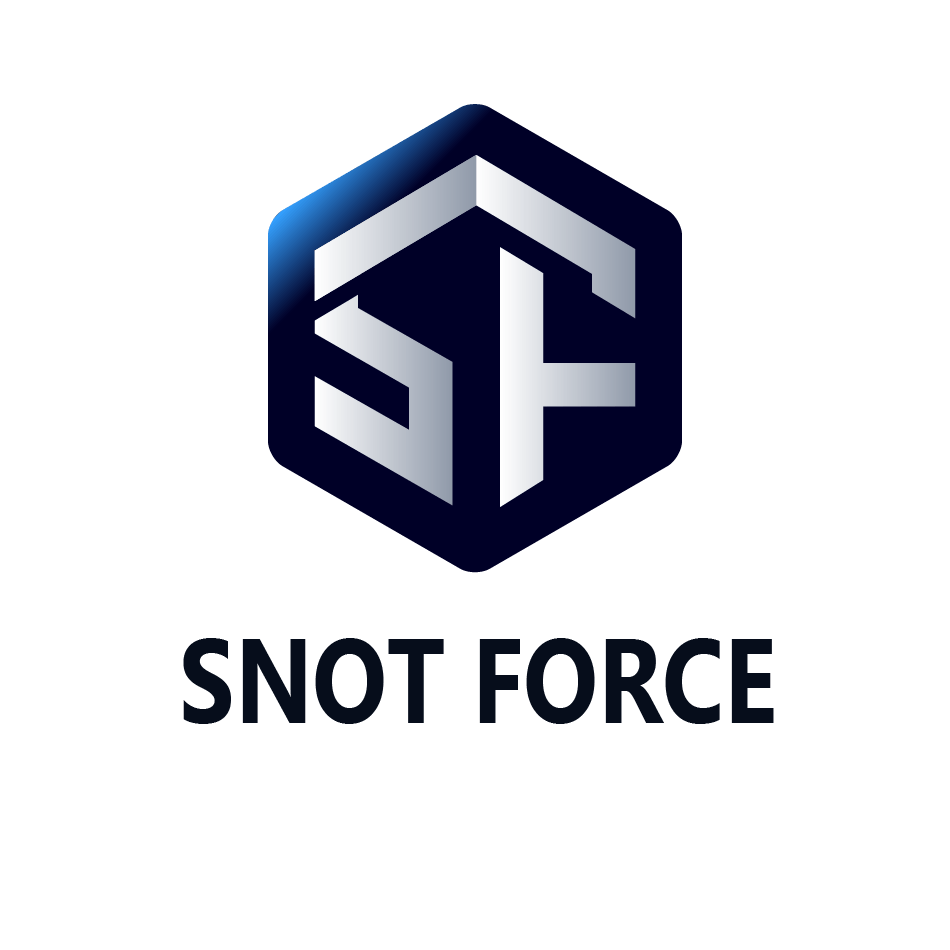Sinus Flush: Does It Really Work?
Patients frequently seek relief from sinus congestion and discomfort. One treatment modality that has gained traction in recent years is the sinus flush. This technique aims to clear the nasal passages, but how effective is it? This blog aims to provide an overview of the effectiveness of sinus flushes, supported by research.
What is a Sinus Flush?
A sinus flush, also known as nasal irrigation or saline rinse, involves rinsing the nasal passages with a saline solution. Various devices, such as neti pots, squeeze bottles, and bulb syringes, can be used for this purpose. The primary objective of a sinus flush is to remove excess mucus, allergens, and irritants from the nasal passages, providing relief from symptoms like congestion, pressure, and post-nasal drip.
Evidence of Effectiveness
Research supports the use of nasal irrigation as an adjunct therapy for managing sinus conditions. Studies have demonstrated that saline irrigation can effectively reduce nasal congestion and improve symptoms in patients with chronic rhinosinusitis.
Key Findings:
- Symptom Improvement: A published study found that daily saline irrigations reduce symptoms in patients with chronic rhinosinusitis.
- Reduced Need for Medications: Research indicates that patients who perform regular nasal irrigation experience a reduction in the need for antibiotics use and other medications.
- Effective Delivery Method: Nasal irrigations can serve as an effective method for delivering medications, such as steroids or antibiotics, directly to the sinuses. Research indicates that incorporating steroid medications into high-volume saline rinses is well tolerated by patients and can significantly improve sinus symptoms.
Safety Considerations
When recommending sinus flushes, healthcare professionals should educate patients on proper technique and hygiene. Key points to emphasize include:
- Use Sterile Water: Instruct patients to use distilled, sterile, or previously boiled water mixed with salt to prepare their saline solution. Tap water can harbor microorganisms that pose health risks.
- Proper Equipment: Encourage the use of clean devices specifically designed for nasal irrigation and remind patients to thoroughly clean and dry these devices after each use to prevent contamination.
- Avoid Overuse: While beneficial, overusing sinus flushes may irritate the nasal mucosa; thus, a balanced approach based on individual patient needs is recommended.
Join the Snot Force Alliance and contribute to interdisciplinary assessments of sinus health and collaborate with experts in the field. Stay tuned for more updates on valuable insights that can help clinicians enhance treatment outcomes for their patients.
